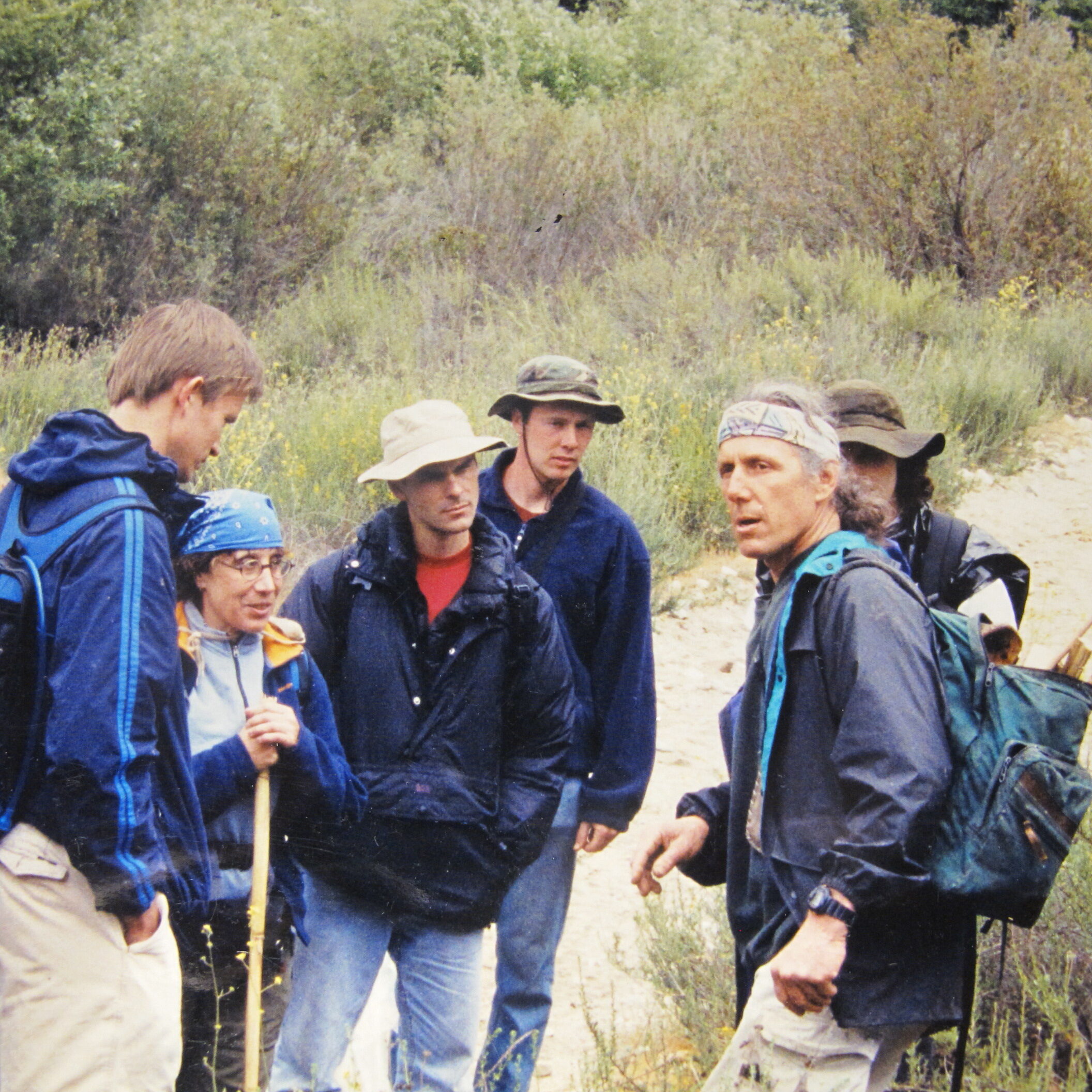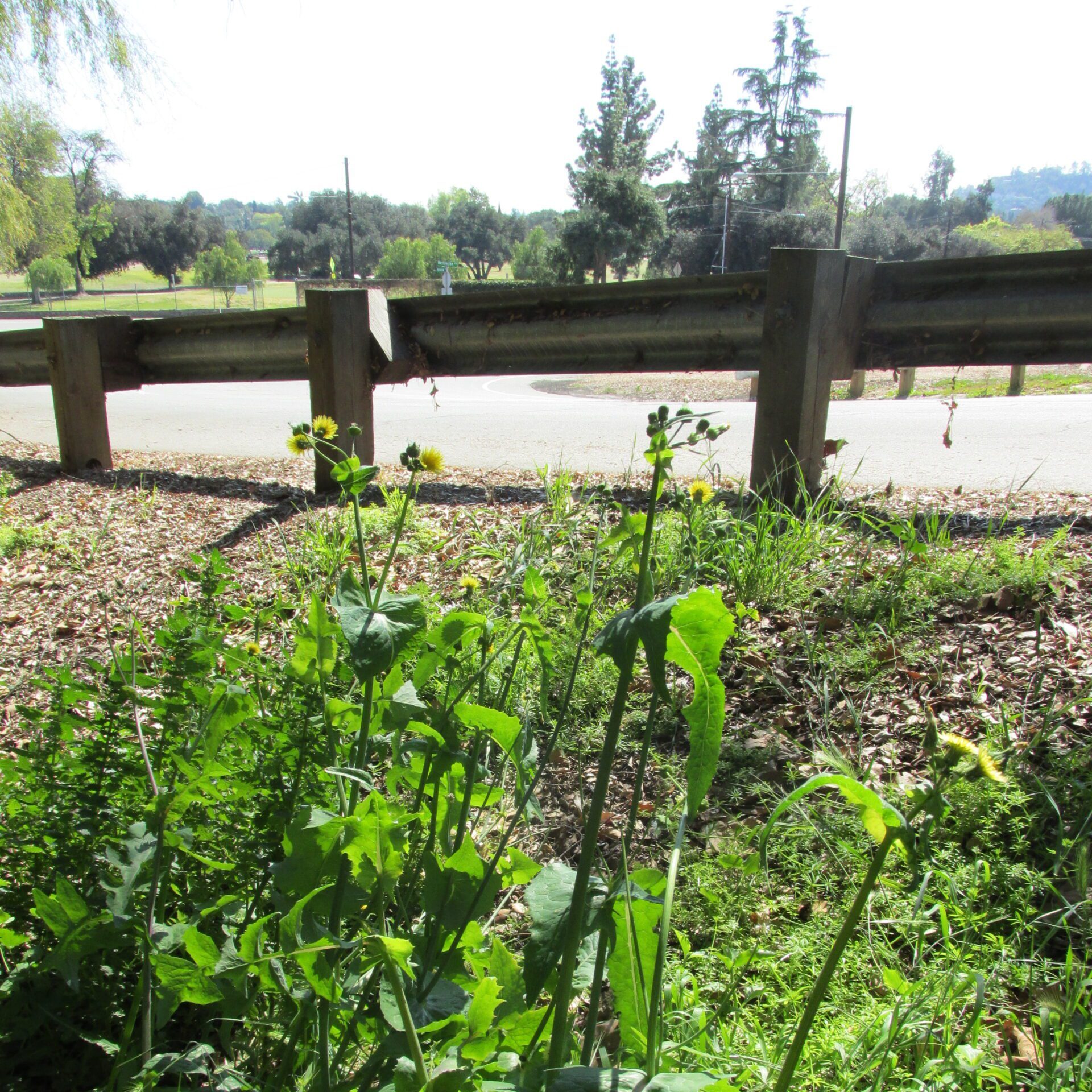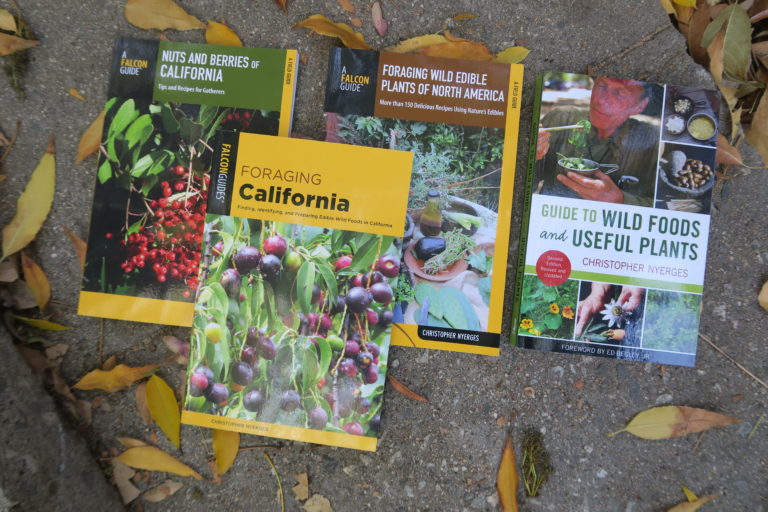Foraging Classes Los Angeles
Learn to Forage for Wild Plants in Los Angeles or Your Own Back Yard
Want to Forage For, and Learn to Identify Edible Plants Right Here in Los Angeles? Take a Class with Author of the Definitive Book on Foraging in California
What You Will Learn in Our Foraging Classes Los Angeles
- How to Identify Edible Plants
- How to Harvest Edible Plants
- How to Find Edible Plants in Los Angeles
- How to Find Edible Plants in Your Back Yard


About Edible Plant Foraging Los Angeles
There are a lot of edible plants right here in Los Angeles that grow along trails, along roads, and in your own back yard. The key is knowing which plants are edible and which plants are not. In our Foraging Class you will learn how to identify edible plants, but also, where to harvest the cleanest and best plants for eating.
Schedule Your Foraging Class Today
Frequently Asked Questions About Los Angeles Foraging Classes
Christopher Nyerges has written many books on outdoor survival, including the definitive book on foraging wild plants in California (available for Purchase Here) – he has lead thousands of people on foraging trips and is a leading expert in identification of edible wild plants.
Wear comfortable footwear and bring water. Bring a bowl for eating.
No, all our Los Angeles Foraging for wild plants classes are very casual walks.
Foraging for wild edible plants in Los Angeles Classes cost between $35 to $65 depending on subject and length.
This all depends on your ability to remember. We strongly recommend that you take at least one class per quarter, and that you study with some of the suggested books.
This can be complicated, but if you do not know, ask! National parks are off limits. Private properties are usually ok, but ask the owners.
Probably not. You should take the time to get to know each plant, one by one, and experiment by adding them to your diet. Think of this as a process that will take years.
Wild edible plants are more nutritious than conventional foods, according to the USDA. Knowing about wild foods imparts a bit of confidence as well. We recommend that you begin by learning plants one by one, and including at least one wild food into your diet each day.
Wild non-native plants, mostly annuals, are common. Some that are widespread and useful include lamb’s quarter, nettles, and chickweed. Some natives that have edible fruits include toyon, wild cherries, and elderberry.
Our classes include the full spectrum of self-reliance skills, such as using medicinal plants, identifying mushrooms, making fire without matches, wilderness tools, finding and purifying water, urban preparedness skills, and more.
Yes, we do private instruction and private classes, by arrangement. Call or email us.
Purchase The Book - Foraging California
